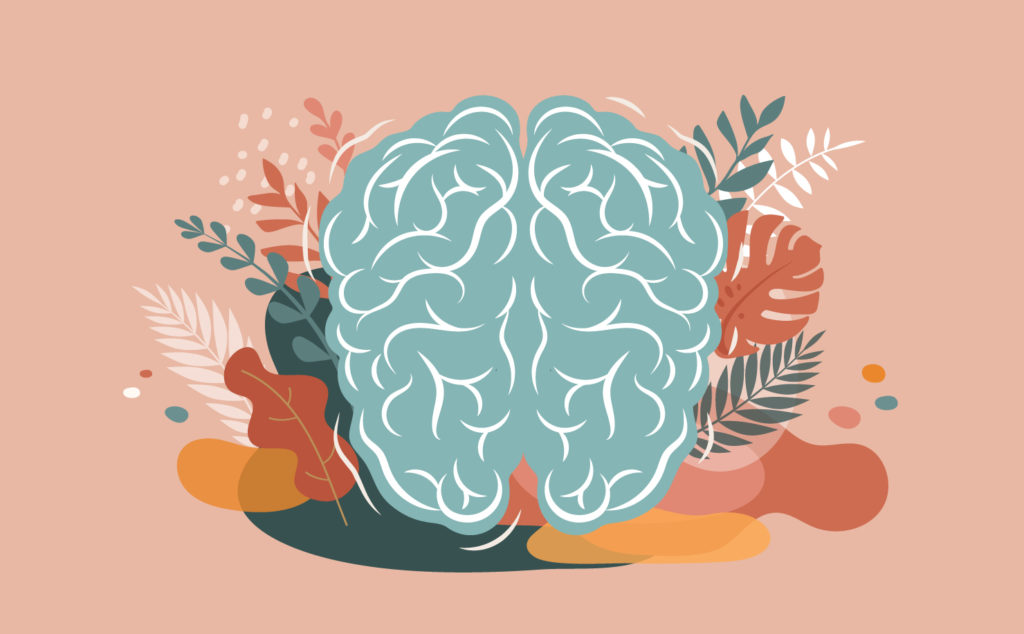How Lawyers Can Use Mindfulness and Meditation to Reduce Stress

Lawyers work in one of the highest-stressed professions in the world. Between demanding schedules, extremely heavy workloads, and problematic clients, there are many daily triggers that can bring about stress and burnout that affects many lawyer's health & wellness. But how can you overcome these overwhelming feelings? The answer may lie in mindfulness and meditation.
You've more than likely heard that mindfulness and meditation can help you live a more fulfilling life. But what is mindfulness? And how does it relate to meditation? We break down the difference between the two below and give some examples of daily exercises you can do to help live a more stress-free, fulfilling life.
What is Mindfulness?
“Mindfulness,” or paying attention to the present moment with an open mind, reduces our inclination to dwell on the past and worry about the future. Mindfulness also increases focus and concentration, and, because it is investigative, it’s a good fit for attorneys.
While people sometimes confuse mindfulness and relaxation, the practice of mindfulness increases concentration and creativity and reduces stress. Being mindful brings focus: whether it’s to a client’s story, a deposition, a negotiation, or legal research.
Mindfulness helps us let go of fruitless efforts to be in complete control and helps us obtain more satisfaction from the law. Being “present in the moment” can help lawyers deal with unanticipated developments. It enhances analytical, yet intuitive, decision-making. This can lead to stronger interpersonal relationships. Learning to “respond,” rather than "react", opens the door to an array of new options.
Every day new discoveries are made about the benefits of mindfulness in stress management for lawyers. There is also a growing understanding of the increased effectiveness of mediators. And managing stress through mindfulness requires no equipment -- no tennis racket, no golf clubs. It can be done at the office and in small or large chunks of time.
Mindfulness is increasingly taught in law firms and law schools for continuing legal education or law school credits. You can even find online classes, attorney health & wellness tips in many well written blogs across the internet and apps that can help guide you through the basics and get you started.
What's important to remember about being mindful is that it is a skill that we already possess, but it's more effective when we practice on a daily basis.
What is Meditation?
Mindfulness and meditation are two terms that are often used interchangeably, but they are not the same. Mindfulness is a quality, while meditation is a practice. There are many different types of meditation, each with its own techniques and methodologies.
Meditation is all about exploring your thoughts and feelings rather than trying to clear your mind entirely. To think that your mind becomes a blank void during meditation is inaccurate. During meditation, the goal is to use a technique (such as mindfulness) to take a deep dive into our thoughts, sensations, and emotions in order to achieve a mentally clear and emotionally calm state.
Ten million American adults meditate. It has been shown that an afternoon “meditation” is more restorative than a nap. Furthermore, studies have proven that meditation may boost mental flexibility and focus and prevent cognitive decline.
If you're in need of some meditation guidance, there are a ton of resources available to you. Jon Kabat-Zinn, a pioneer of the Western mindfulness movement, offers a Master Class on how to use meditation to improve your health and happiness. There are also a plethora of apps you can use, including Headspace, Calm, and Buddhify, which is designed specifically to fit into a busy, modern lifestyle.
Tips on Using Mindfulness to Reduce Stress During the Work Day:
- Take time periodically to sit for a few minutes and focus on the breath, or look out the window, and listen to sounds
- Take a slow walk around the block
- Become aware of body tension: where it is, what’s causing it, particularly during a meeting or on the phone
- While commuting, turn off the radio or music player and just be present
- Stop for a minute every hour, and focus on your breath
- Pause and take a breath before you see a client, or enter a meeting or courtroom
- Use events in the workday to remember to be present: an email, a phone call, etc.
- At the end of each day, focus on accomplishments and make a list for the next day; then let go of that day’s work
- Try not to rush to or from the office. Be mindful of what’s going on around you
- At the end of the workday, in the subway or your car or even your own home, become present and make the transition to the evening
- At stop lights, use the time to breathe and be in the moment, rather than getting impatient
- Notice positive experiences during the day as well as challenges; try to find satisfaction in the mundane activities of your work.
Mindfulness Reminders in Day-to-Day Life
- Remember to breathe before reacting in stressful situations
- “Respond” rather than “react”
- Remember that our thoughts are not necessarily facts
- Coming back to an awareness of breath can be helpful: with a difficult client, talking to an adversary, in front of a challenging judge
Mindfulness “Exercises”
- Doing one’s daily chores mindfully: walking the dog, brushing teeth, taking a shower, etc. (Try to be fully present for that activity. If your mind wanders, acknowledge this without self-criticism and then try to bring it back)
- Daily meditation: This is a practice that helps promote mindfulness. Even five minutes of awareness of the breath can be helpful.
Regardless of how you chose to meditate or include mindfulness in your life, the key to success is consistency: Practice every day to achieve a clearer, more peaceful mind and improve your overall quality of life.
Share post:









